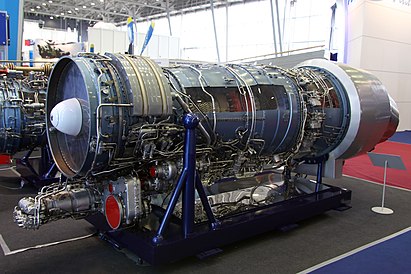Fuel Analyzers: Understanding Their Operate, Applications, And Safety …
페이지 정보

본문

They monitor gases involved in production, combustion, and chemical reactions. Healthcare: In medical settings, gasoline analyzers are used to measure the focus of gases in breath, blood, and анализатор течеискатель different bodily fluids. As an example, they can be used to monitor oxygen and carbon dioxide ranges in patient breath or blood gas analysis. Carbon Dioxide Ranges (pCO2):The partial pressure of carbon dioxide (pCO2) measurement offers info about the body’s potential to get rid of carbon dioxide by means of respiration. Abnormal pCO2 levels can point out respiratory issues, comparable to hypoventilation or hyperventilation, and help in adjusting ventilation methods accordingly. Cl-).Electrolyte imbalances can affect nerve and muscle operate, fluid steadiness, and cardiac rhythms.Speedy detection of these imbalances permits well timed intervention to stop extreme complications.
Lactate Ranges:Some blood fuel analyzers can even measure lactate ranges, that are elevated in conditions comparable to sepsis, shock, or tissue hypoxia.Monitoring lactate helps identify patients vulnerable to organ failure and guides treatment methods. Benchtop Blood Gas Analyzers:Benchtop blood gasoline analyzers are larger, excessive-performance instruments primarily present in clinical laboratories and hospitals. These analyzers provide an intensive range of testing parameters, together with pH, pO2, pCO2, electrolytes, and extra. Benchtop analyzers typically come equipped with automated options for sample dealing with, mixing, and calibration, allowing for top-throughput testing. They are portable and generally used for private safety monitoring. Photoionization Detectors (PIDs): PIDs use ultraviolet mild to ionize fuel molecules, permitting for the detection of volatile organic compounds (VOCs) and different gases. They are broadly used in industrial hygiene and environmental monitoring. Fuel Chromatography (GC) Analyzers: GC analyzers separate gases in a sample using a column and then detect and quantify the separated parts. They're extremely versatile and may analyze a wide range of gases. Understanding the working ideas of gas analyzers is essential for deciding on the fitting instrument for a specific utility. Frequent working ideas include absorption of specific wavelengths of mild, ionization of gasoline molecules, and separation of gasoline parts primarily based on their physical and chemical properties. Gas analyzers play a vital role in maintaining safety and optimizing processes in various industries. Correct choice and utilization of those instruments ensure accurate and reliable measurements, resulting in improved air quality, enhanced office security, and environment friendly industrial operations.
Electrochemical measuring cells are relatively cheap and require no provide voltage. Disadvantages are the comparatively brief lifetime at too high oxygen concentrations, and a relatively long response time or measurement time. In addition, a frequent calibration of the gas analyzer is necessary. With paramagnetic measuring cells, an extended-term stable measuring signal with lengthy calibration intervals may be achieved. Since it is a physical measurement precept, the cells have a long service life. Analyzing air pollution is step one toward preserving a clear atmospheric setting. FUJI developed the first infrared gas analyzer in Japan to make use of mass-movement sensors. Since then, we've got equipped prospects with numerous kinds of fuel analyzers to support environmental preservation and control efforts. These efforts include measurements of atmospheric pollution and detection of low density of SOx and NOx, generated by incinerating facilities and boilers. FUJI's fuel analyzers are extensively used to watch the environment to help maintain a cleaner natural atmosphere.
- 이전글набор ссылочной массы 24.11.19
- 다음글9 Lessons Your Parents Teach You About Double Glazed Windows Bromley 24.11.19
댓글목록
등록된 댓글이 없습니다.